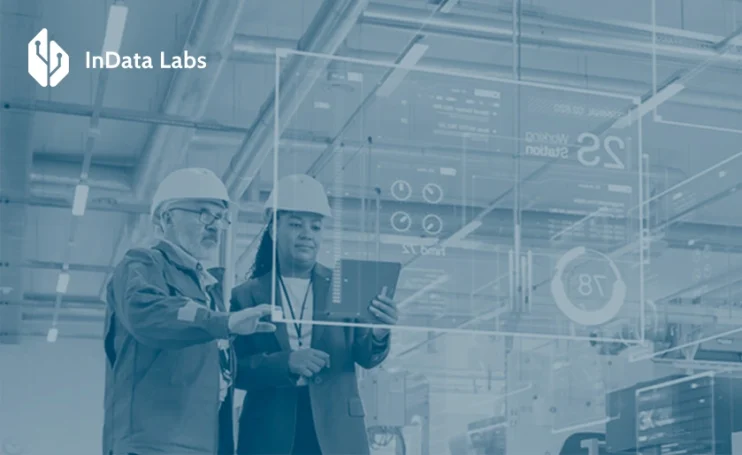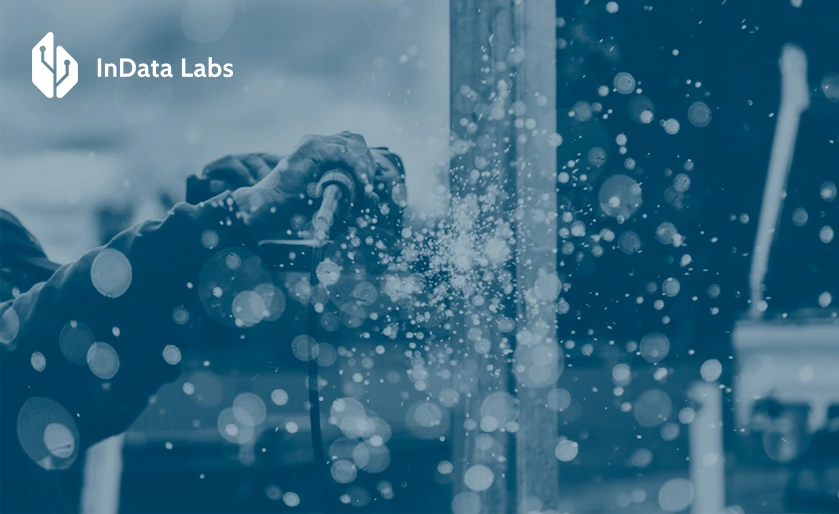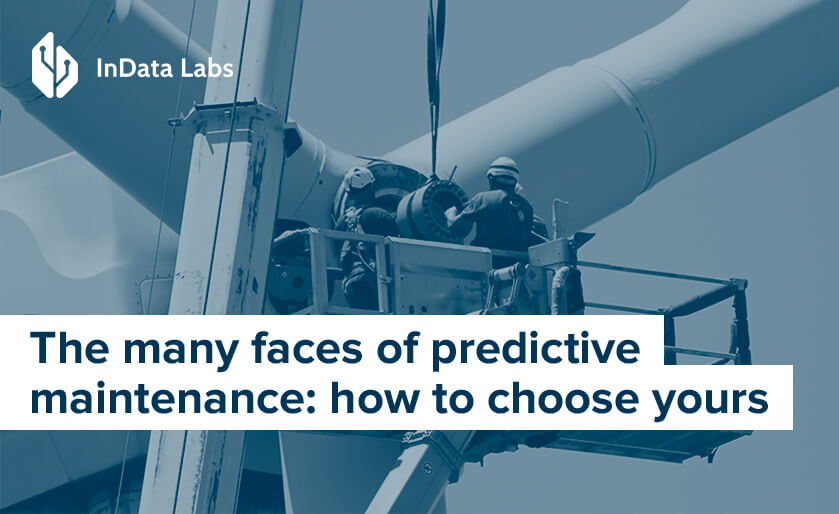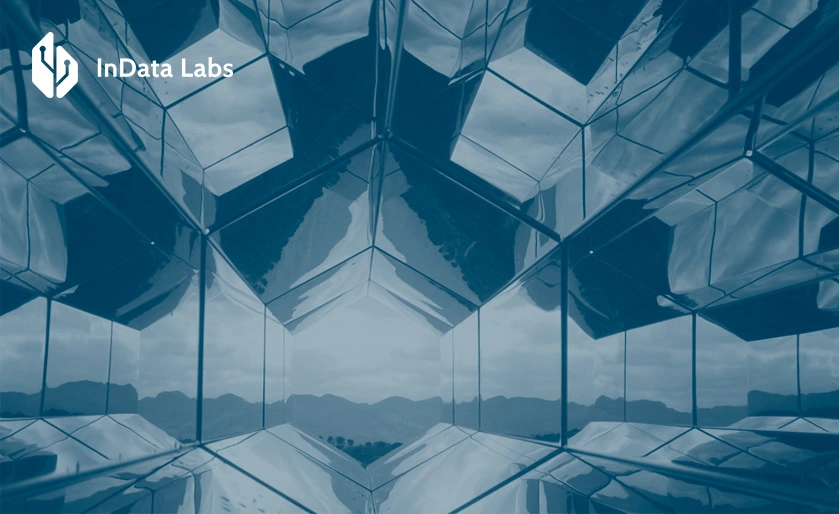Generative AI industrial applications prove that this technology can offer limitless potential. Using it to create new services and products, automate certain processes, upgrade operational efficiency, and reach company goals is a great idea. In this article, we take a closer look at the ways generative artificial intelligence can be used to achieve new heights in industrial business.
Generative AI in industrial design
The undeniable impact of Generative AI on industrial design can’t be underestimated. Traditional design processes require an enormous amount of time, multiple iterations, and labor-intensive tasks. That’s why the rise of technology is seen as an opportunity to accelerate this process. Generative artificial intelligence tools possess the ability to produce unique and innovative designs quicker than people.

Source: Unsplash
These systems now empower designers to explore a multitude of ideas and possibilities more rapidly than ever. By leveraging advanced algorithms that consider patterns, styles, and user preferences, AI can generate various designs adjusted to specific objectives and requirements of a project. This not only leads to speeding up the design process but also provides a broader spectrum of results that can be used in creative endeavors.
The integration of AI into design operations means that traditional workflows can be redefined. AI algorithms can be seamless collaborators that help designers optimize their creations for functionality, aesthetics, and manufacturability. This synergy between humans and machines is imperative for increased creativity, improved precision, enhanced quality, and better time management.
Generative AI in manufacturing
AI became critical for the manufacturing industry, too. Generative algorithms are harnessed to achieve streamlined production, optimized resource utilization, and improved operational environments. It’s strategically focused on enhancing workflows to reduce costs and achieve higher productivity. Through historical data analysis and real-time insights, AI can detect bottlenecks before they occur, suggest process improvements, and manage supply chains better, leading to more viable manufacturing ecosystems.
That last factor is especially important to consider in today’s industrial realm. Generative AI can be an ally for companies that want to contribute to eco-friendly initiatives. Technology can analyze consumption patterns, identify optimization areas, reduce waste, suggest alternatives, and reshape overall resource usage. The commitment to environment-aware and socially responsible industrial practices aligns with the global emphasis on sustainable development.
Top industrial applications of Generative AI
The industrial applications of artificial intelligence extend far beyond design and manufacturing, influencing a broad spectrum of operations and causing comprehensive transformations across various sectors. Here’s a list of examples we’ve picked to illustrate what generative AI can bring to the table.
Predictive maintenance and analytics
AI-driven predictions for maintenance have emerged as a pivotal aspect of efficiency within the industrial spectrum. Data collected from equipment can be analyzed by AI models (e.g. large language models) to forecast upcoming issues, enabling proactive management of machines, computers, and other pieces of hardware. This approach minimizes downtime, extends equipment lifespan, and ultimately lowers maintenance costs.

Quality control
Manufacturing assumes that products have to offer repeatable quality. Generative AI applications dedicated to quality control leverage computer vision and machine learning algorithms to detect defects, ensuring that only products meeting the highest standards reach the market. Such systems allow brands to truly commit to the quality guidelines they stand for and deliver on them.
AI tools
AI tools specifically tailored for industrial purposes are pivotal in bridging the gap between conceptualization and realization. Companies specializing in custom AI solutions are at the forefront of developing tools that cater to the unique needs of industrial designers and manufacturers. What do they offer?
- GPT integration: Generative pre-trained transformers (GPTs) allow companies to amplify natural language processing capabilities. It’s especially beneficial in streamlining communication between various stakeholders, from designers to production teams. GPT solutions contribute to a more agile and responsive working environment.
- AI chatbot development: AI-powered chatbots are instrumental in delivering exquisite customer experience in any industry. They can handle queries, provide real-time updates, and automate certain requests, improving the overall relations between the brand and its audience.
- Custom AI solutions: Having a tailor-made AI system onboard is a game-changer for enterprises because they can handle the exact parts of their operations that require automation, better effectiveness, and less human control. Having a customized AI tool made by a seasoned provider is a must for brands that want to stay afloat.
Supply chain management
Collecting and analyzing large datasets from distributors, suppliers, and manufacturers enables algorithms to optimize almost any part of the supply chain process. To name a few, Generative AI can forecast increased demands and handle the management of inventory to support businesses in achieving maximum efficiency and minimum wait times. It can also lower the risk of too low or too high stock. Predictions of AI also enable businesses to adapt swiftly to market fluctuations. By using historical data and external factors such as economic trends and geopolitical events, they can be prepared for a plethora of different situations.
Human resources
Generative AI proved it can be handy in talent acquisition and workforce organization. Algorithms are excellent in analyzing resumes and assessing candidates. They can help HR reps streamline the recruitment process and also contribute to building high-performing teams. Moreover, they can positively influence employee engagement and satisfaction by analyzing feedback, identifying areas for improvement, and suggesting steps to take.
Decision-making
Industrial design and manufacturing require numerous decisions per week. No matter if it’s about planning new products or changing some steps in the production process, the management staff has to be informed at all times and make choices that consider multiple factors. Generative AI, especially GPT solutions, can provide insights and advice on directions they should follow, potential opportunities, and risks.

Source: Unsplash
Smart factories
Generative AI is a key driver behind the concept of smart factories. These facilities leverage advanced technologies such as the Internet of Things (IoT) and advanced algorithms to create interconnected and intelligent production systems. The result is an environment where machines collect data from sensors, communicate with each other in real time, and optimize the production processes from A to Z. Smart factories can minimize unplanned downtime, reduce costs, extend the lifespan of machinery, and produce better results in less time.
Renewable energy
Generative AI proves to be a remedy for many challenges within the renewable energy sector that uses many sources like sunlight or wind to produce electricity. Specialists from this niche use algorithms to check weather patterns, analyze historical data on energy production, and always be alert to relevant factors that can have an impact on the accuracy of energy generation forecasting.
This way, operators can make decisions based on information instead of their instincts or guesses, which leads to better resource distribution and well-balanced supply and demand. Enhancing the reliability of renewable energy sources is imperative for transitioning towards more sustainable energy consumption, and Generative AI plays a pivotal role in this process.

Source: Unsplash
Agriculture
Precision farming practices can be enhanced thanks to Generative AI. Custom Generative AI software is used to analyze various types of data, including images from satellites, soil samples, weather predictions, and past farming results. Reports produced by algorithms help farmers take action at the right times and protect their crops from a multitude of dangers. Thanks to AI, the agriculture industry became empowered with useful tools that can ensure the optimization of planting, fertilizing, irrigation, and pest control for maximizing yields and minimizing resource inefficiencies.
Moreover, AI can serve farmers to take proper care of cattle. The edge technology enables strengthened security and better conditions and resistance to diseases. Watch the video to know more:
Safety
The well-being of employees in the industrial environment should be a top priority. Generative AI can be involved in safety practices to improve conditions in the workplace and help out humans with mundane or dangerous tasks. The analysis of data collected from wearable devices, monitoring environmental conditions, and predicting potential hazards are crucial to implementing preventive measures. AI can also be handy in reducing the risk of accidents and eliminating harmful factors from workplaces.
Why it’s worth investing in custom industrial Generative AI?
Generative AI has an enormous impact on the industrial ecosystem. It reaches every possible area of these businesses, including hiring, manufacturing, design, and management. Algorithms are tools used by organizations to significantly increase their efficiency while they can focus on employee comfort, problem reduction, and sustainability.
However, only some industries can afford to hire an internal team of AI professionals to create tailored solutions in-house. That’s why it’s so important to search for an experienced AI implementation partner who knows how to handle GPT integration, develop AI mobile applications, and prepare AI-driven chatbots.
As businesses continue to embrace the innovations offered by Generative AI, the synergy between humans and artificial intelligence can unlock new possibilities. Companies specializing in custom AI solutions are aware of the technological evolution and can build such systems that will support employees in achieving better results with the help of AI. Investing in such a collaboration aims to drive advancements that shape the future of industrial practices. Generative AI development can be outsourced to providers that have teams of specialists, access to the newest AI models, and know-how in building specialized solutions.
Conclusion
Generative AI has the potential to change the face of the industrial realm, providing modern solutions to the most burning problems, improving all types of work, and predicting future outcomes. Being aware of what algorithms can do for design, manufacturing, and other areas of these businesses is the first step towards innovation. Companies should plan their budgets for 2024 and beyond by taking investments in AI into account. This way, they can gain a competitive edge, support their employees, achieve extraordinary results, and reduce negative aspects of companies’ work like risks, waste, and resource usage imbalance.
Working with an AI partner who has a portfolio of satisfied clients and knows how to integrate generative solutions into company structures is imperative for industrial brands that want to elevate their operations in the months to come. Betting on strategic partnerships and delegating AI development to providers that understand business requirements and needs could be one of the best decisions.



